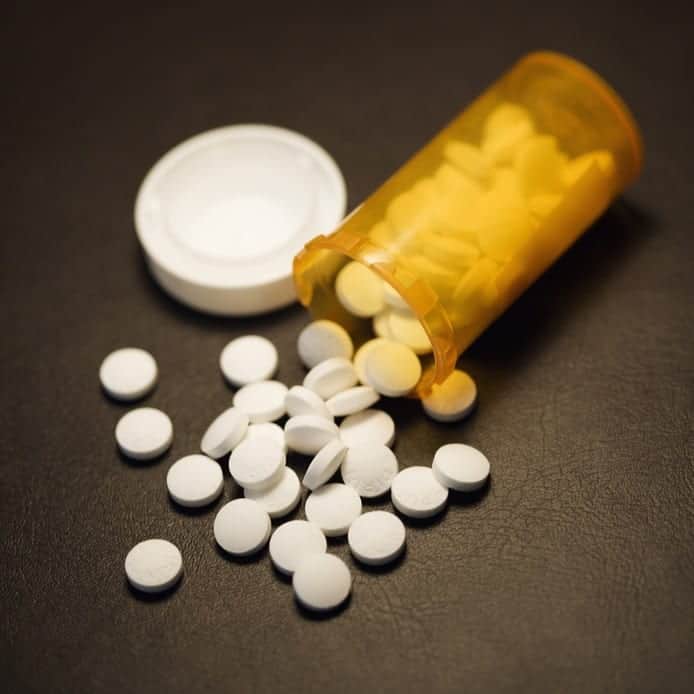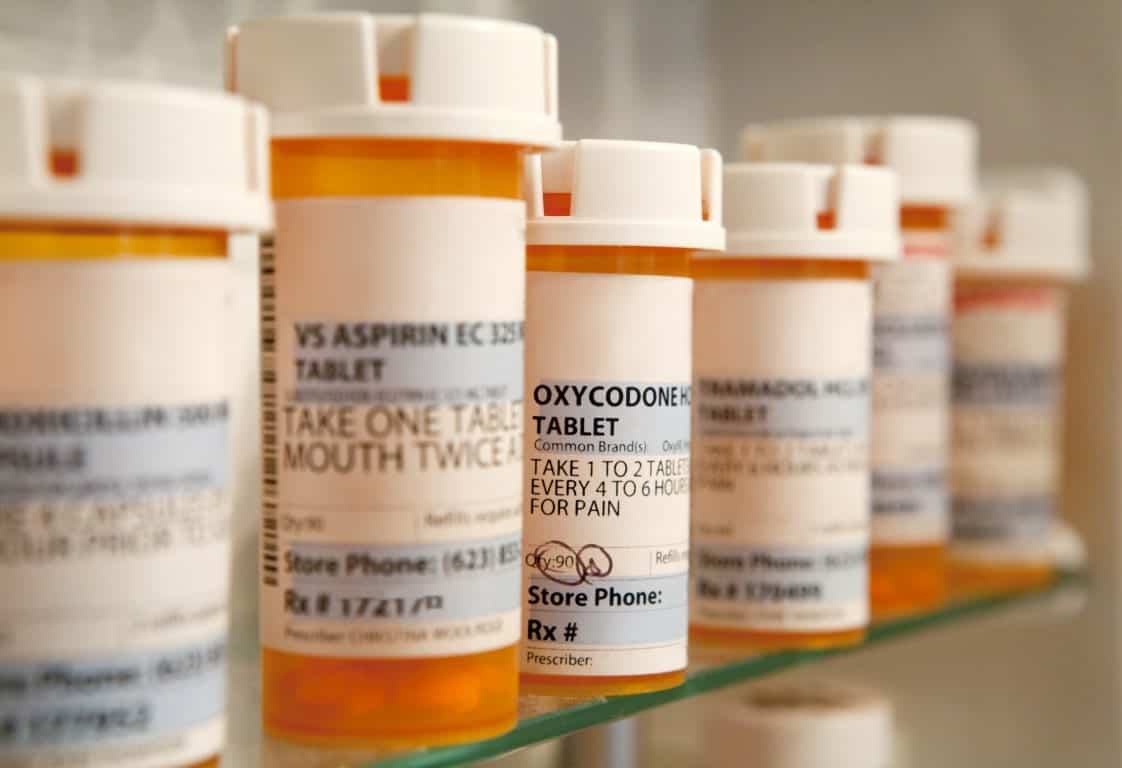“It just moved up out the city And spread out to the ‘burbs Now it’s everybody’s problem, got a nation on the verge.” ~Macklemore, “Drug Dealer” Washington State hip-hop artist Ben Haggerty, better-known by his stage name “Macklemore”, has never shied away from honesty and openness about his personal struggles with substance abuse. In fact, Macklemore is one of the more vocal celebrities, when it comes to the use of his visibility as a means to bring about positive change.
Rapping about the Root Causes of the Opioid Epidemic in America
“My drug dealer was a doctor, doctor Had the plug from Big Pharma, Pharma He said that he would heal me, heal me But he only gave me problems, problems.” Now, in his song “Drug Dealer”, Macklemore (with help from Ariana DeBoo) is highlighting the roles played by Big Pharma, “pill mills”, and problem prescribers – doctors who blithely prescribe opioid painkillers without little regard for patient safety. The abuse of prescription opioid painkillers is a major cause for concern in the United States. Take a look at some statistics released in 2016 by the American Society of Addiction Medicine:
- Nearly TWO MILLION Americans had a substance abuse order involving prescription opioid painkillers
- Another 586,000 people abused heroin
- An estimated 80% of heroin users started out by misusing prescription opioids
- In 2014, there were 18,893 prescription pain reliever-related overdose deaths
- That same year, there were another 10,574 fatal heroin overdoses
- In 2012, there were 259 MILLION opioid prescriptions written – enough to give every adult in America their own personal bottle of pills
- 94% of respondents to a 2014 survey said they switched to heroin because prescription painkillers were “far more expensive and harder to obtain”.

Are “Problem Prescribers” That Big of an Issue?
“Ain’t no coming back from this Percocet Actavis, Ambien, Adderral, Xanax binge Best friends with the thing that’s killing me Enemies with my best friend, there’s no healing me Refilling these, refilling these” For years, American doctors have routinely ignored the prescribing guidelines concerning opioid painkillers. According to a survey conducted by the National Safety Council:
- 99% of physicians prescribe opioids in excess of the federally-recommended “three-day” dosage limit.
- Almost 75% gave out 30-day supplies
- 70% of doctors and 55% of dentists prescribe opioid painkillers for back and dental pain, even though these are not the recommended treatments for those types of pain.
- While 85% of doctors DO screen their patients for a personal prior history of substance abuse, only about a third ask about a family history of addiction.
- When signs of potential abuse are revealed, just 1 in 20 doctors offer direct substance abuse treatment, and only 40% refer those patients to other substance abuse treatment programs
- The problem of doctors overprescribing opioid painkillers is so widespread that earlier this year, the US Food and Drug Administration, the Centers for Disease Control and Prevention, and the US Surgeon General have all called for changes to the way opioids are prescribed.

Is Macklemore REALLY the Best Role Model?
“I wanted to get clean. I knew that my highest potential, the place that I was most spiritual, the place that I was the most rich in terms of my life, and my livelihood, and my art, and my creativity, was when I was sober.” As part of his effort to help others and inspire them in their home efforts at sobriety, Macklemore has filmed public service announcements for drug awareness groups and even appearing with President Barack Obama in a conversation about addiction. When he briefly relapsed after three years of sobriety, he rapped about it in “Starting Over”, saying “If I can be an example for gettin’ sober, then I can be an example for startin’ over.” If you or someone you care about is struggling with any kind of substance abuse disorder – alcoholism, addiction to illicit drugs, or the misuse of prescription opioids, then the first thing you need to do is contact a reputable local rehab program and talk to an intake specialist about your current situation and where you can go from here.
